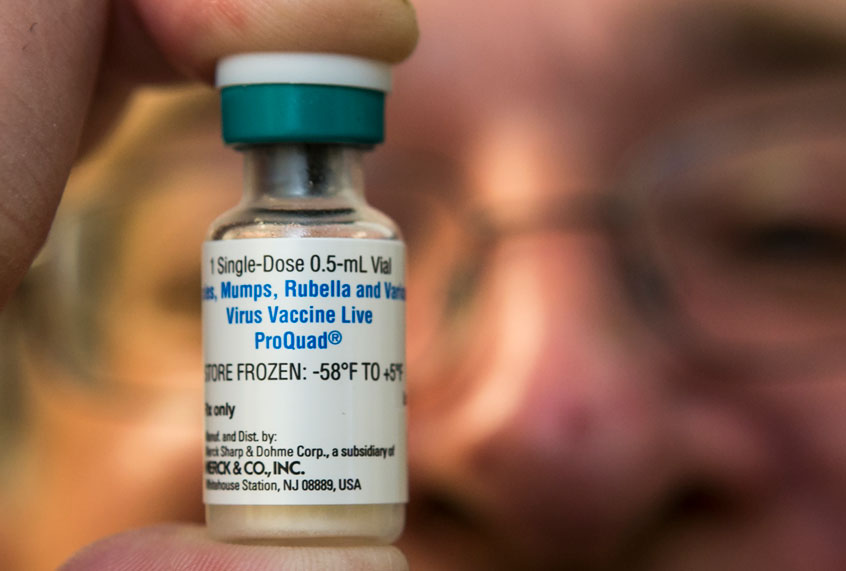The U.K. is increasingly poised for a devastating measles outbreak, according to a new report. London is especially vulnerable, as well as under-vaccinated communities outside of the city, the U.K.’s National Health Security Agency reported Friday. The risk is limited to those who have never had a routine childhood Measles, Mumps and Rubella (MMR) vaccine, and the country’s National Health Service estimates susceptibility may be highest among 19- to 25-year-olds. The NHS has launched a targeted “catch-up campaign” to encourage MMR vaccine uptake among affected populations, similar to those it launched targeting children up to 11 years old who may be at risk for polio.
“Measles can easily spread between unvaccinated people and can be serious, but it is preventable, which is why we continue to encourage Londoners to take up the vaccine – with GPs calling over 10,000 parents of unvaccinated children, and hundreds booking appointments to get vaccinated as a result,” said Jane Clegg, Regional Chief Nurse for the NHS in London.
The agency said this year there have been 128 cases of measles between 1 January and 30 June this year, compared to 54 cases in the whole of 2022 — and that current MMR vaccine coverage in the NHS routine childhood program is the lowest it’s been in a decade. Only 85% of English children have had both doses of MMR by age 5, falling short of the World Health Organization’s 95% vaccination rate target. But given the way that these diseases spread, even a 10% gap can be significant. The report predicts between 40,000 and 160,000 cases could occur in London alone, with between 20 and 40% requiring hospitalization.

